If I should one day die, and should I happen to be in Rome when such an unlikely event takes place, I’d like to be buried in the Non-Catholic Cemetery. Not because I have anything against Catholics, of course, I may even be one by that point anyway. Possibly. It would just be nice to be laid for eternity next to such characters as Keats, Shelley and Gramsci. If the dead can actually speak I’m sure they’ll have enough to keep us moved, entertained and inspired for the rest of our, er, deaths. (Someone did once say if the dead could speak, we would not be able to understand them, but that’s by-the-by as I’d be dead myself then anyway).
Most of the other residents of the graveyard are immigrants, people who were born elsewhere and made their lives here. It struck me as an important place right now to reflect on migration and particularly on the experiences of those who for various reasons may have had or may be having a more tortuous passage to establishing themselves as foreign-born residents. It seems apt that in the cemetery there are at least two people from Syria – as it happens, ‘If the dead could speak’ was the title of a 2015 Human Rights Watch report into the horrific conditions endured by inmates of that unfortunate country’s torture prisons.
There is a bond that connects all migrants, living and dead, and if the residents of this cemetery, most of whom we might suppose came here in peace and out of their own volition, were to hear the details of the plight of those prisoners they would hopefully wish that their own good fortune, the welcome extended to them, were passed on to others. There is also the possibility that the experiences of migrants today would resonate with their memories of their first days or years in Italy; maybe those in the cemetery went through similar struggles to their those whose stories are quoted below. In any case, I would assume that they would at least want the voices of their living counterparts to be heard, whatever their reasons for coming here happen to be. As I myself am a living human being who happens to be an immigrant (one who has been made to feel very welcome here – and one from a country which has of late been a lot less welcoming than Italy has) those are very much my sentiments. What follows therefore are quotes from a number of sources, including the immigrants themselves, which, if we pay attention, may help us to better understand the current situation and help us to recognise what our own responsibilities as fellow migrants and living human beings are.
 “The way people look at you and mutter about you on the bus or train, as though you’re dangerous. That would never have happened in the ’80s. Now if you want to rent a house, you’ll get a viewing appointment over the phone alright, but as soon as you get there and they see you’re black, you’ll either get told ‘it’s already gone’ or quite simply ‘the neighbours don’t want to live next to foreigners’. It’s become quite normal for people to admit they’re ‘anti-foreign’ and talk about it freely. They don’t differentiate between migrants and nationals with foreign parents.” (France 24, 2009)
“The way people look at you and mutter about you on the bus or train, as though you’re dangerous. That would never have happened in the ’80s. Now if you want to rent a house, you’ll get a viewing appointment over the phone alright, but as soon as you get there and they see you’re black, you’ll either get told ‘it’s already gone’ or quite simply ‘the neighbours don’t want to live next to foreigners’. It’s become quite normal for people to admit they’re ‘anti-foreign’ and talk about it freely. They don’t differentiate between migrants and nationals with foreign parents.” (France 24, 2009)
 “In July, in Quinto di Treviso, Northeast Italy, residents and far-right militants broke into flats destined to receive asylum-seekers, took the furniture outside and set it on fire, leading the authorities to move the asylum-seekers to another location.” (Amnesty International, 2016)
“In July, in Quinto di Treviso, Northeast Italy, residents and far-right militants broke into flats destined to receive asylum-seekers, took the furniture outside and set it on fire, leading the authorities to move the asylum-seekers to another location.” (Amnesty International, 2016)
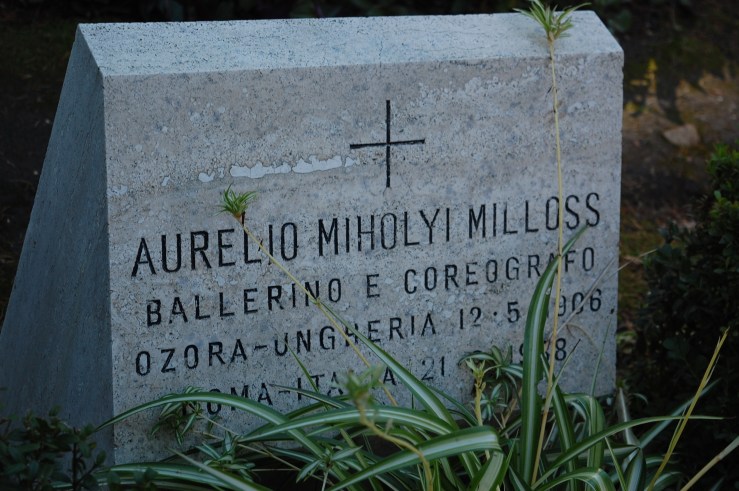 “Akram, a 17-year-old Kurdish boy from Iraq, hid under a truck on the ferry from Greece to Italy for 18 hours without food or water. When he arrived in Italy, the police locked him in a small room on the ferry and sent him right back to Greece.” Human Rights Watch, 2016
“Akram, a 17-year-old Kurdish boy from Iraq, hid under a truck on the ferry from Greece to Italy for 18 hours without food or water. When he arrived in Italy, the police locked him in a small room on the ferry and sent him right back to Greece.” Human Rights Watch, 2016
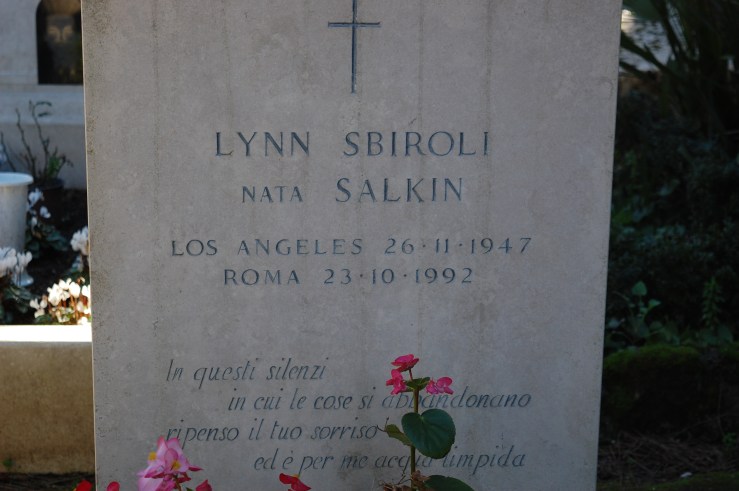 “Mayor Alberto Panfilio said calm had been restored at the center, where up to 1,500 people have been placed in a facility originally meant for 15 migrants.” (Voice of America, 2017)
“Mayor Alberto Panfilio said calm had been restored at the center, where up to 1,500 people have been placed in a facility originally meant for 15 migrants.” (Voice of America, 2017)
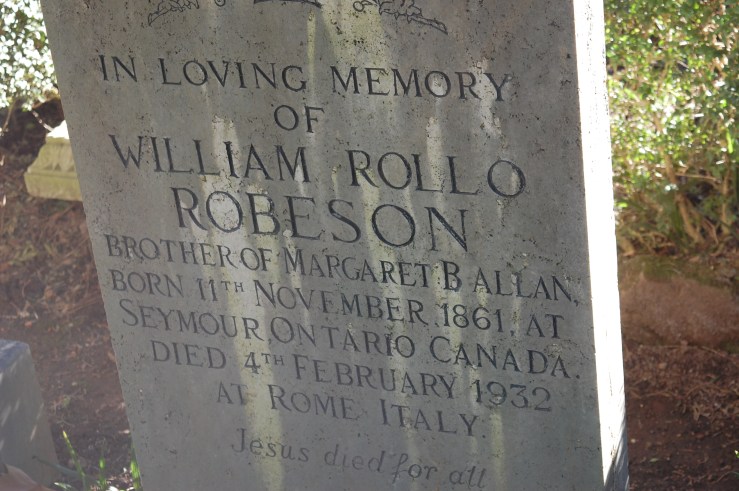 “Four Eritrean girls, aged 16 and 17, said that adult men constantly harassed them. Bilen, 17, said men “come when we sleep, they tell us they need to have sex. They follow us when we go to take a shower. All night they wait for us… They [the police, the staff] know about this, everybody knows the problem, but they do nothing.”” (Human Rights Watch, 2016)
“Four Eritrean girls, aged 16 and 17, said that adult men constantly harassed them. Bilen, 17, said men “come when we sleep, they tell us they need to have sex. They follow us when we go to take a shower. All night they wait for us… They [the police, the staff] know about this, everybody knows the problem, but they do nothing.”” (Human Rights Watch, 2016)
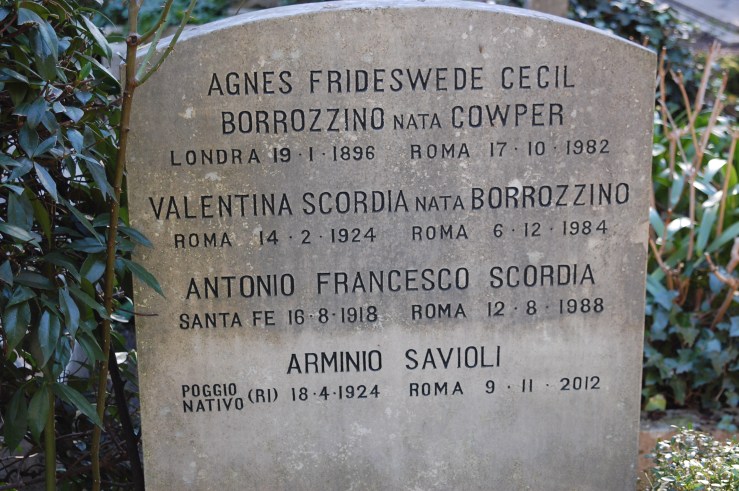 “Yodit cupped her hands in prayer as we dialed. Those hands flew to her mouth as she realized that the phone – and her prayers – had been answered. It was the first time she had spoken to her mother since being rescued at sea and taken to Italy two weeks before.” (Human Rights Watch, 2016)
“Yodit cupped her hands in prayer as we dialed. Those hands flew to her mouth as she realized that the phone – and her prayers – had been answered. It was the first time she had spoken to her mother since being rescued at sea and taken to Italy two weeks before.” (Human Rights Watch, 2016)
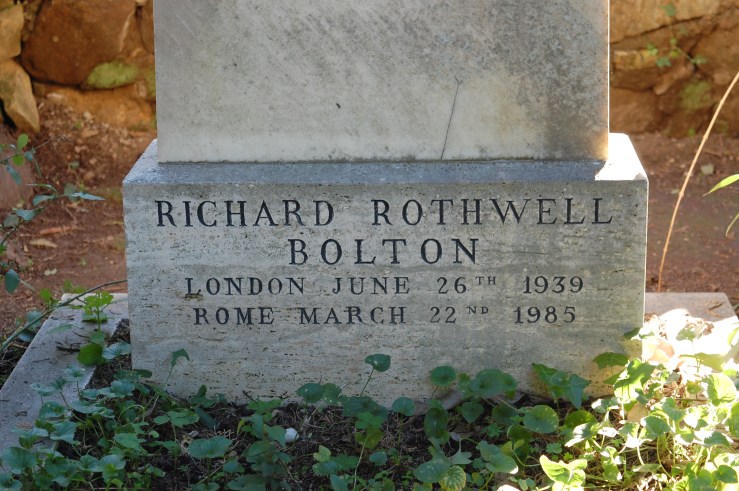 “Kaiser Tetteh was from Ghana. He was kidnapped and imprisoned for three months in a makeshift jail in Libya by a smuggling gang. “Kidnapping is normal. If you are in a taxi they will kidnap you, they will take everything from you.” He said he witnessed the killing of 69 people in Libya during an escape attempt from the prison. “All the time you don’t sleep,” he said. “Everyone has guns. Even kids have guns.” Lucky told us he did not mind where he was resettled in Europe. “I’m a beggar, I don’t have any choice. I just want protection. I just need freedom.”” (BBC News, 2016)
“Kaiser Tetteh was from Ghana. He was kidnapped and imprisoned for three months in a makeshift jail in Libya by a smuggling gang. “Kidnapping is normal. If you are in a taxi they will kidnap you, they will take everything from you.” He said he witnessed the killing of 69 people in Libya during an escape attempt from the prison. “All the time you don’t sleep,” he said. “Everyone has guns. Even kids have guns.” Lucky told us he did not mind where he was resettled in Europe. “I’m a beggar, I don’t have any choice. I just want protection. I just need freedom.”” (BBC News, 2016)
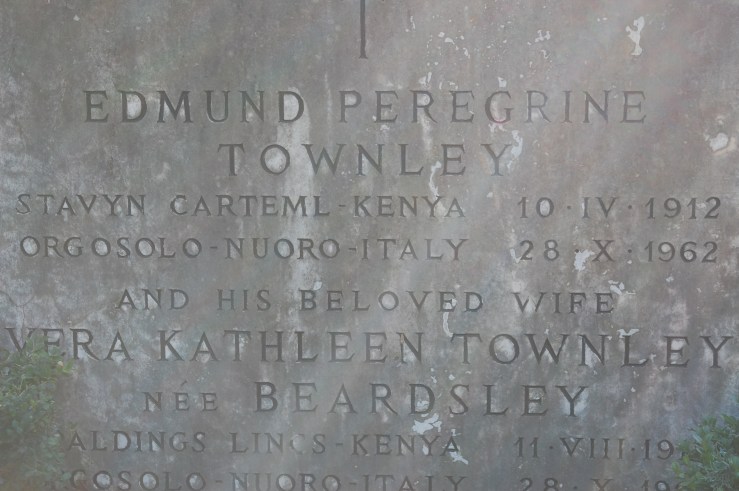 ““It is not easy to live here illegally,” Lisa, one of the volunteers told me. “I don’t know if people really want this, sleeping in the park or not having a job. “We think people are coming here because of war and violence, not because we are kind. We are doing something very human. We tell them where to go, where to eat and try to give them advice. We don’t want them to be illegal.”” (BBC News, 2016)
““It is not easy to live here illegally,” Lisa, one of the volunteers told me. “I don’t know if people really want this, sleeping in the park or not having a job. “We think people are coming here because of war and violence, not because we are kind. We are doing something very human. We tell them where to go, where to eat and try to give them advice. We don’t want them to be illegal.”” (BBC News, 2016)
 “Italian Prime Minister Matteo Renzi on Sunday called for a concerted international effort to block people-traffickers after the reported deaths of up to 700 migrants in the latest sinking in the Mediterranean. “We are asking not to be left alone,” Renzi told reporters after an impromptu cabinet meeting, adding that he wanted an emergency meeting of European Union leaders to be held this week to discuss the mounting migrant crisis. Renzi underlined that search and rescue missions alone were not sufficient to save lives. He said the problem could only be solved by preventing the criminal activity of people trafficking and stopping migrant boats from leaving Libya.” (Reuters, 2015)
“Italian Prime Minister Matteo Renzi on Sunday called for a concerted international effort to block people-traffickers after the reported deaths of up to 700 migrants in the latest sinking in the Mediterranean. “We are asking not to be left alone,” Renzi told reporters after an impromptu cabinet meeting, adding that he wanted an emergency meeting of European Union leaders to be held this week to discuss the mounting migrant crisis. Renzi underlined that search and rescue missions alone were not sufficient to save lives. He said the problem could only be solved by preventing the criminal activity of people trafficking and stopping migrant boats from leaving Libya.” (Reuters, 2015)
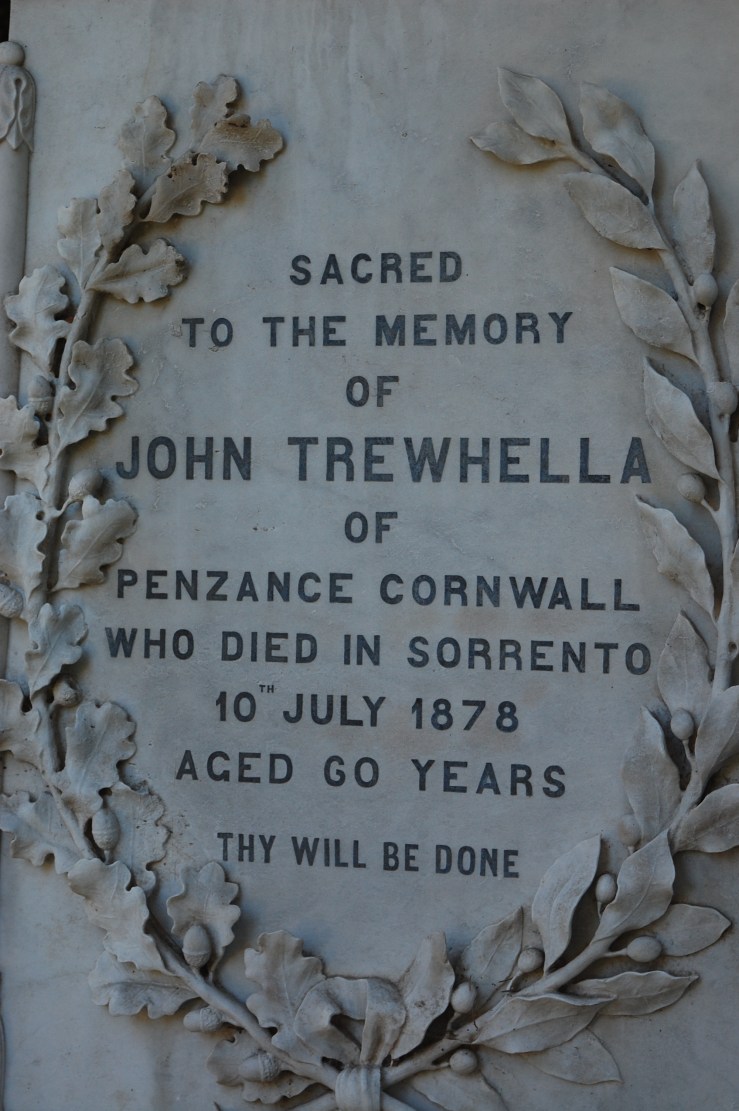 “I left Ethiopia because of the political situation. I’m Oromo and in 1991 there was conflict between Tigrinya and Oromo. My grandfather and my father fought for the Oromo. Later, my father was arrested and my brother shot dead at university by the government. In Ethiopia if you are Oromo you can’t do anything. They arrest you and they can kill you. At the time I wasn’t involved in politics. My father and grandfather were part of the OLF party. The Ethiopian police came to question me, asking who was supporting the party. In 2013/14 they arrested me and held me for two months in the prison of Diradawa. They wanted to know where my uncle was. They didn’t give me food, only bread and water once every three days, and we had to do a lot of work in the prison.” (Amnesty International, 2016)
“I left Ethiopia because of the political situation. I’m Oromo and in 1991 there was conflict between Tigrinya and Oromo. My grandfather and my father fought for the Oromo. Later, my father was arrested and my brother shot dead at university by the government. In Ethiopia if you are Oromo you can’t do anything. They arrest you and they can kill you. At the time I wasn’t involved in politics. My father and grandfather were part of the OLF party. The Ethiopian police came to question me, asking who was supporting the party. In 2013/14 they arrested me and held me for two months in the prison of Diradawa. They wanted to know where my uncle was. They didn’t give me food, only bread and water once every three days, and we had to do a lot of work in the prison.” (Amnesty International, 2016)
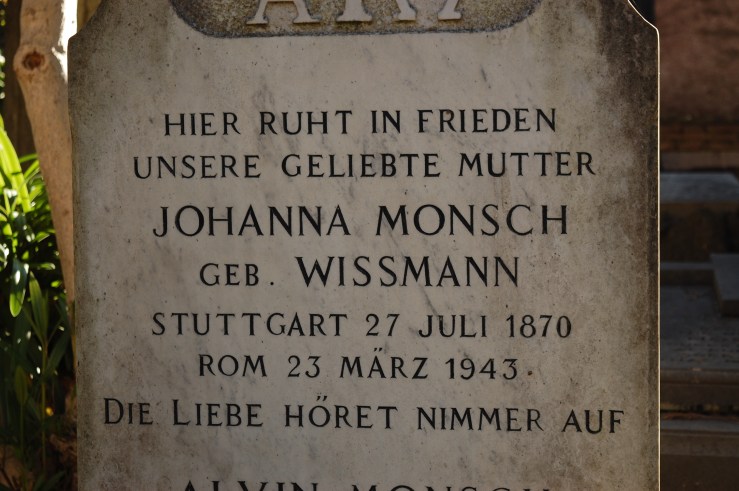 “About seven months after Osama’s arrest, security officers stopped Firas at the gate of his university. “If you keep asking about your brothers, we will cut out your tongue,” they told him. That day, Firas fled Syria.” (Human Rights Watch, 2015)
“About seven months after Osama’s arrest, security officers stopped Firas at the gate of his university. “If you keep asking about your brothers, we will cut out your tongue,” they told him. That day, Firas fled Syria.” (Human Rights Watch, 2015)
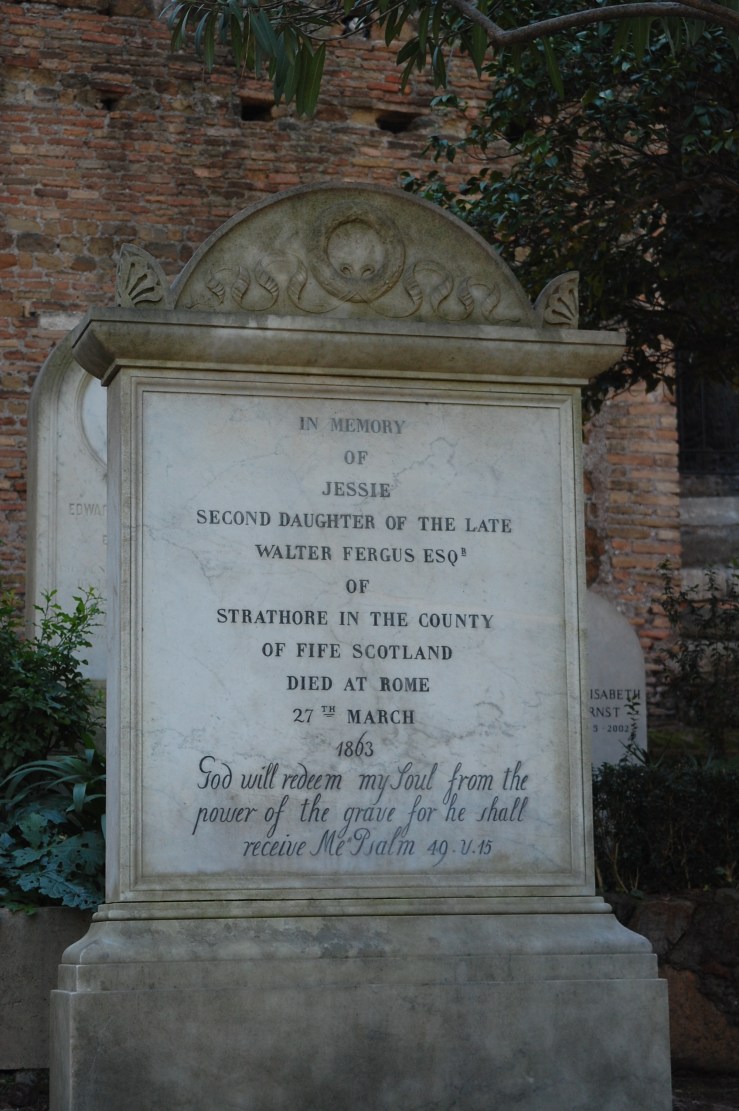 “Compounding Italy’s frustration is the fact that its northern neighbours, including France, Switzerland and Austria, have in effect closed their borders to migrants, preventing what had been a natural flow of refugees towards more prosperous parts of Europe.” (Financial Times, 2016)
“Compounding Italy’s frustration is the fact that its northern neighbours, including France, Switzerland and Austria, have in effect closed their borders to migrants, preventing what had been a natural flow of refugees towards more prosperous parts of Europe.” (Financial Times, 2016)
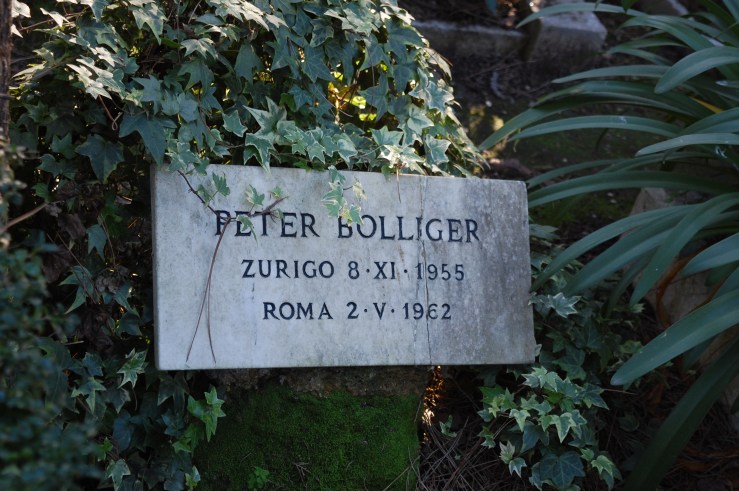 “A 16 year old, named Djoka, from Sudan reported, “They gave me electricity with a stick, many times… I was too weak, I couldn’t resist… They took both my hands and put them on the machine.” (Amnesty International, 2016)
“A 16 year old, named Djoka, from Sudan reported, “They gave me electricity with a stick, many times… I was too weak, I couldn’t resist… They took both my hands and put them on the machine.” (Amnesty International, 2016)
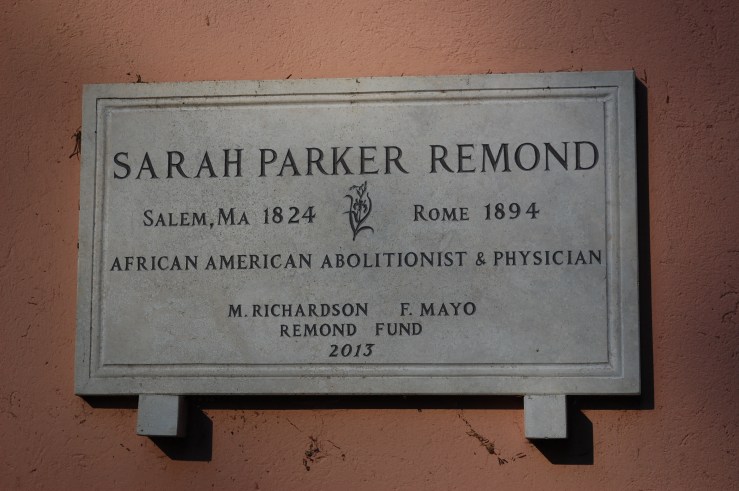 “Anti-immigrant Northern League leader Matteo Salvini said Tuesday there would be “mass expulsions” of migrants when the League gained power, after the most recent revolt in a migrant centre in Italy.” (ansa.it, 2017)
“Anti-immigrant Northern League leader Matteo Salvini said Tuesday there would be “mass expulsions” of migrants when the League gained power, after the most recent revolt in a migrant centre in Italy.” (ansa.it, 2017)
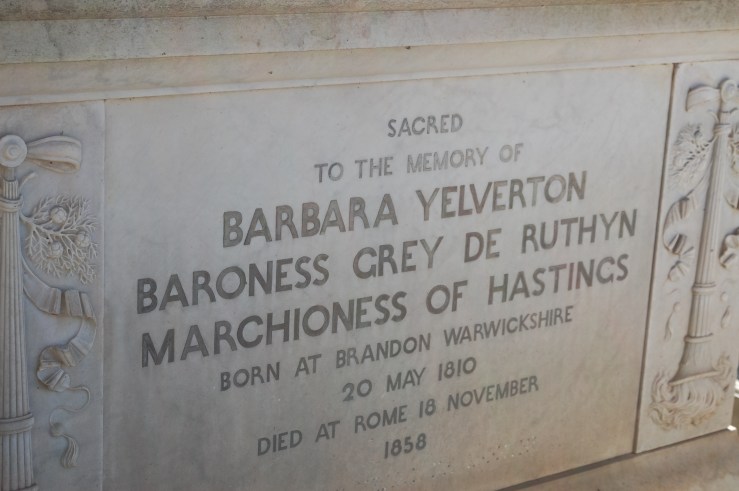 “An Afghan migrant travelled 400 kilometres (250 miles) along an Italian highway strapped by leather belts to the bottom of a lorry, according to police.” (Guardian, 2016)
“An Afghan migrant travelled 400 kilometres (250 miles) along an Italian highway strapped by leather belts to the bottom of a lorry, according to police.” (Guardian, 2016)
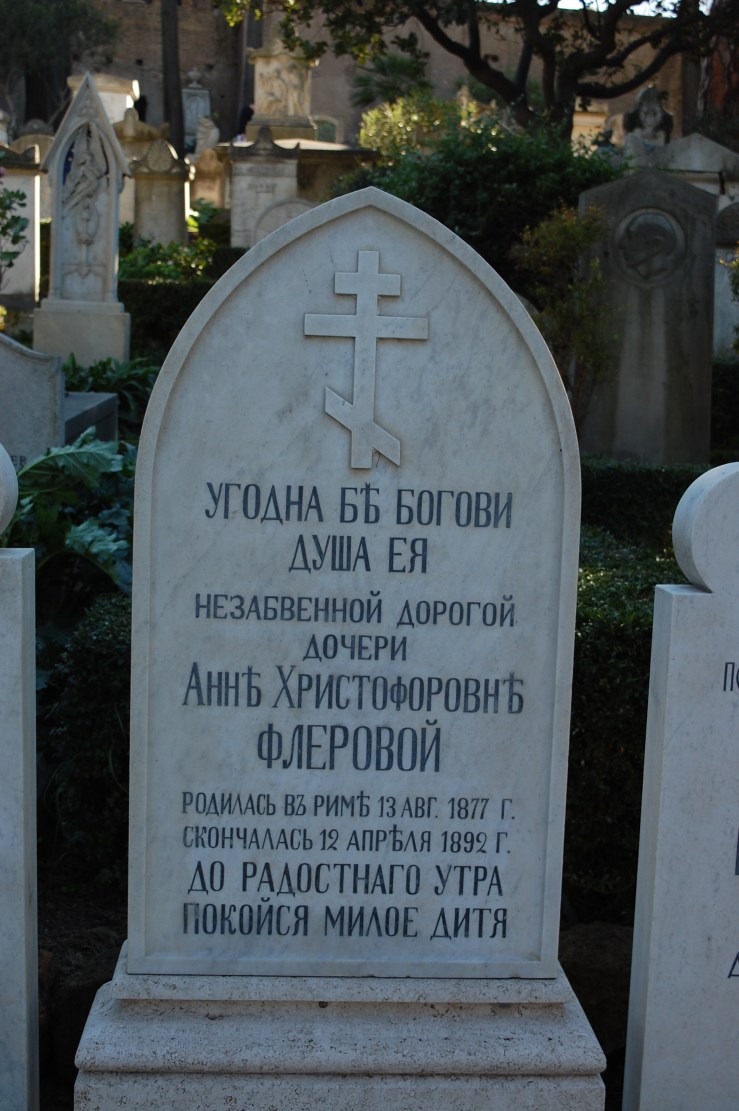 “In an intercepted phone call, Mafia businessman Salvatore Buzzi was heard telling his assistant Pierina Chiaravalle: “Do you have any idea how much I make on these immigrants? Drug trafficking is less profitable.”” (Al Jazeera, 2015)
“In an intercepted phone call, Mafia businessman Salvatore Buzzi was heard telling his assistant Pierina Chiaravalle: “Do you have any idea how much I make on these immigrants? Drug trafficking is less profitable.”” (Al Jazeera, 2015)
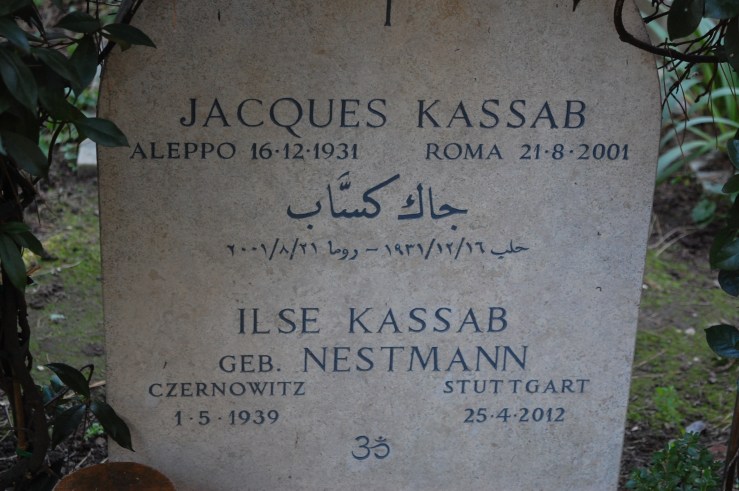 A Nigerian man who had recently fled to Europe to escape Boko Haram militants was beaten to death on the streets of Italy this week as he tried to defend his wife against racist abuse. (Huffington Post, 2016)
A Nigerian man who had recently fled to Europe to escape Boko Haram militants was beaten to death on the streets of Italy this week as he tried to defend his wife against racist abuse. (Huffington Post, 2016)
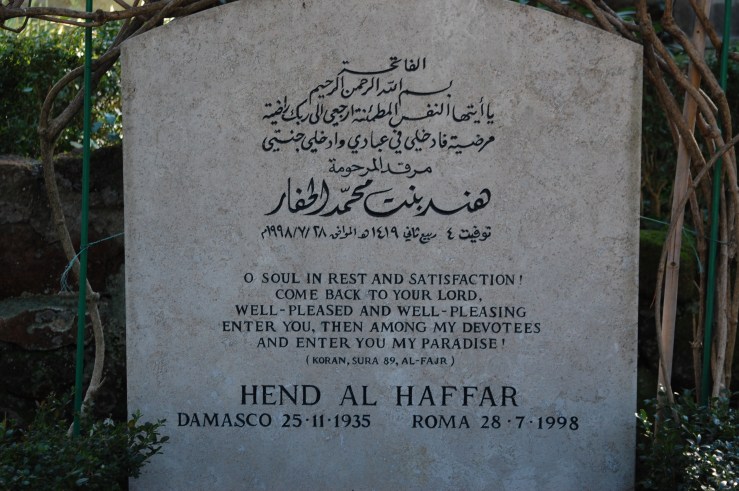 “Syria is burning; towns are destroyed and that’s why people are on the move, that’s why we have an avalanche, a tsunami of people on the move towards Europe… As long as there’s no resolution in Syria and no improved conditions in neighbouring countries, people will move.” (UNHCR, 2015)
“Syria is burning; towns are destroyed and that’s why people are on the move, that’s why we have an avalanche, a tsunami of people on the move towards Europe… As long as there’s no resolution in Syria and no improved conditions in neighbouring countries, people will move.” (UNHCR, 2015)
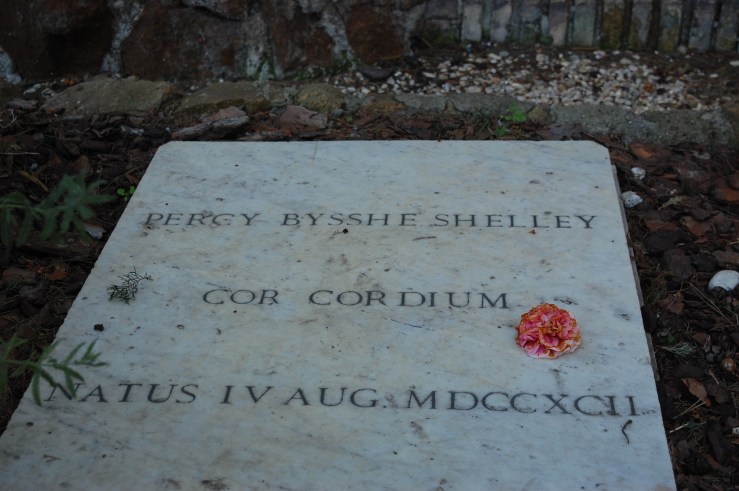 High ships come in bearing black strangers
High ships come in bearing black strangers
who call over the harbor, Where are we?
Arrivals, it will get worse.
The island is running out of water.
Prison awaits. From some distance,
you saw the steel lintel of Europe’s doorway
standing open. There is no door—
a yellow hello hung with your forefather’s shoes,
a cross nailed from the ribs of your sunk ships,
paper prayer scraps, one million calls
to the wrong God. Be grateful
you wear that fake-fur parka,
the violet, pompomed hat; you drag
that odd wheelie bag, the snow-suited baby.
Among defunct bunkers on this tropical rock
it’s difficult to conceive of winter.
And you, giddy with surviving war elsewhere,
unsure of who you should please,
grin at every white face
and wave wildly down to me
as I shout welcome from a rental skiff.
My job is to learn where you’re from.
I’ve come by water to reach you
before the police. We have seconds.
Ignore my pleasantries.
Demand what my straw hat costs,
how much I pay for my skin.
I don’t say go north. Stay off the train.
 No one leaves home unless/ home is the mouth of a shark. You only run for the border / when you see the whole city / running as well. (Warsan Shire)
No one leaves home unless/ home is the mouth of a shark. You only run for the border / when you see the whole city / running as well. (Warsan Shire)
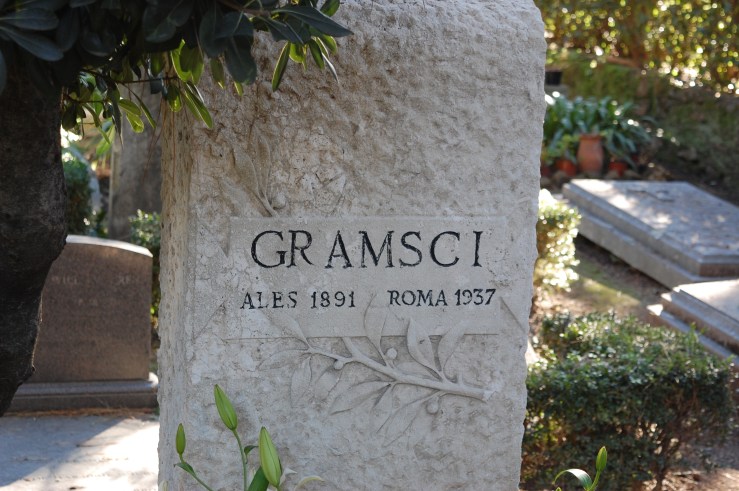 “I hate the indifferent. I believe that living means taking sides. Those who really live cannot help being a citizen and a partisan. Indifference and apathy are parasitism, perversion, not life. That is why I hate the indifferent.” Antonio Gramsci, Prison Notebooks
“I hate the indifferent. I believe that living means taking sides. Those who really live cannot help being a citizen and a partisan. Indifference and apathy are parasitism, perversion, not life. That is why I hate the indifferent.” Antonio Gramsci, Prison Notebooks
[…] in a friendly group for local foreigners on Facebook. Things I’ve posted there in the past on related topics have generally got a good reception, although I ‘d been surprised when, in response to a […]
LikeLike